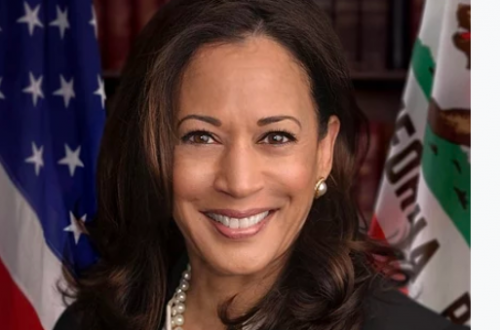From time to time I’ve posted here about a subject of great fascination to me– namely the contradictions within the Republican party between the generally well-to-do economic conservatives and generally less well-off social conservatives. Republican party leaders have, with some skill and a lot of good luck, managed to keep the lid on these tensions for some years now.
As conservative commentator Tucker Carlson observed, with only a bit of exaggeration:
“The people who run the Republican Party are elites just like any other elite, and they don’t share the same cultural concerns as the center of the country. They don’t — they’re all pro-choice on abortion, they’re all pro-gay rights, they’re all thrice married, you know what I mean? And they summer in the Hamptons, too. And so they don’t have anything in common, that’s true, with evangelicals who make up the bulk of their party.”
And observing the tension between the two sides in a Colorado Senate primary a few years ago, Washington Post columnist E.J. Dionne asked a good question:
Do conservative politicians who care primarily about taxes and the interests of big business merely use “conservative values” as a slogan for attracting votes from the less well-off who gain little or nothing from their economic programs?
I think the answer is yes, which is why tax breaks for big corporations and the very wealthy get enacted into law while amendments to outlaw abortion and gay marriage get little more than extensive lip service.
One thing I’m enjoying about the current contest for the Republican nomination is the way that Mike Huckabee’s candidacy has finally blown the lid off these contradictions. While campaigning as a defender of traditional “Christian” values– opposing gay marriage and abortion, defending creationism– Huckabee has, as The Wall Street Journal observed, “offered a message of economic populism that targeted Wall Street and CEOs for profiting at the expense of the middle class.”
And imagine how Republican CEOs must have cringed when they heard him proclaim last year:
The real fact is, unions are going to take a more prominent role in the future for one simple reason: A lot of American workers are finding that their wages continue to get strapped lower and lower while CEO salaries are higher and higher. And the reality is that when you have the average CEO salary 500 times the average worker, and you have the hedge fund manager making 2,200 times that of the average worker, you’re going to create a level of discontent that’s going to create a huge appetite for unions.
So unions are the natural result of workers finally saying, “Look, I can’t go from a 70,000 (dollar)-a-year job to a $15,000-a- year job and feed by family of four.” That’s when unions are going to come back in roaring form.
Clearly the preferred candidate of the GOP’s corporate wing is Mitt Romney. But Romney’s Mormonism makes many evangelical Republicans nervous. And he has done some suspicious position-shifting on abortion and gay rights.
You can see the GOP split play out in all its glory in this dual interview of representatives of the economic-conservative Club for Growth and the social-conservative Family Research Council (and yes, the interviewer, Chris Matthews, is a nudnick).
While John McCain is generally conservative on social and economic issues, his support for campaign-finance reform and immigration reform, and his flat opposition to torture, have angered many Republicans. However if he gets the nomination, he’ll probably have a better chance than any other candidate of holding the party together with masking tape and bailing wire through November.
By comparison, the differences on key issues among Hillary Clinton, Barack Obama and John Edwards are minuscule.


